Welcome to our blog
We’re thrilled to have you here and can’t wait to share our journey with you.
This space is dedicated to exploring a myriad of topics, offering insights, and sparking conversations. Whether you’re here for inspiration, information, or just a good read, we’re committed to providing you with content that resonates.
-
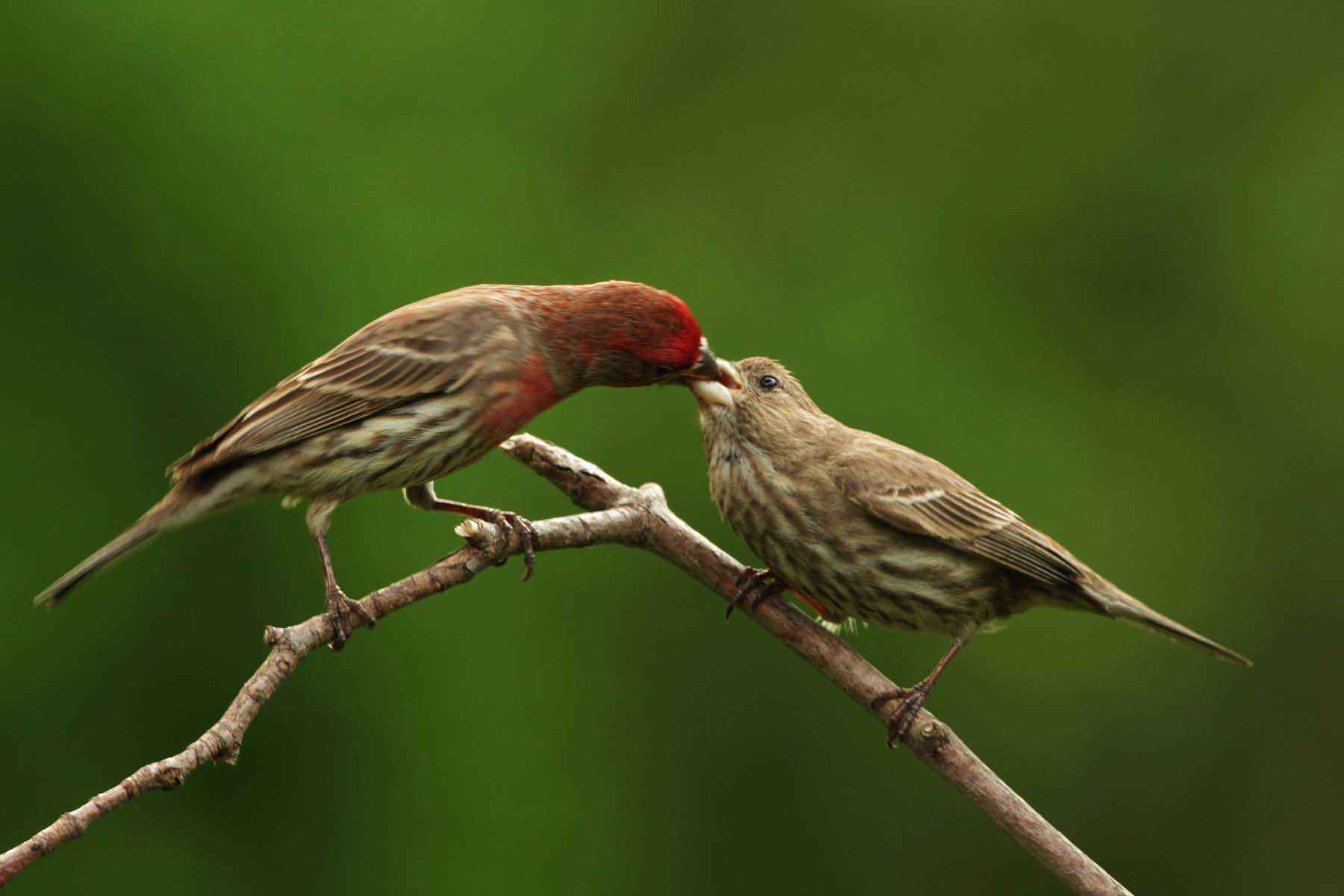
What Do Finches Eat?
Finches are the oldest bird family and the only ones to use seed crushing beaks. They eat almost anything, including seeds, fruits, pollen, nuts and insects. In the wild, finches eat a variety of foods. Most of what they eat consists of seeds, berries, and other plant matter. Seeds are the most common food source…
-
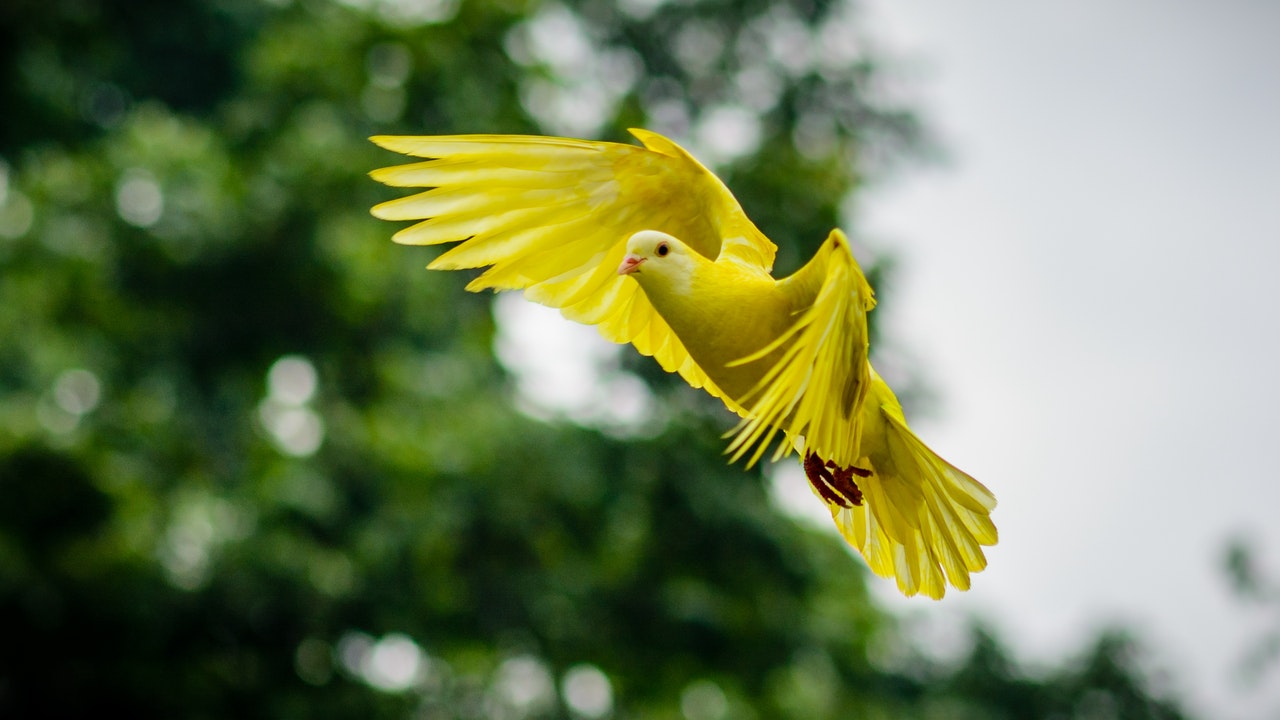
How High Do Birds Fly?
Birds fly high because of their light weight and air structure. The air density is 100% at sea level and when we take a breath of air at this altitude it enters into our lungs and we can live. As we move higher up on Earth the air becomes less dense which means that less…
-
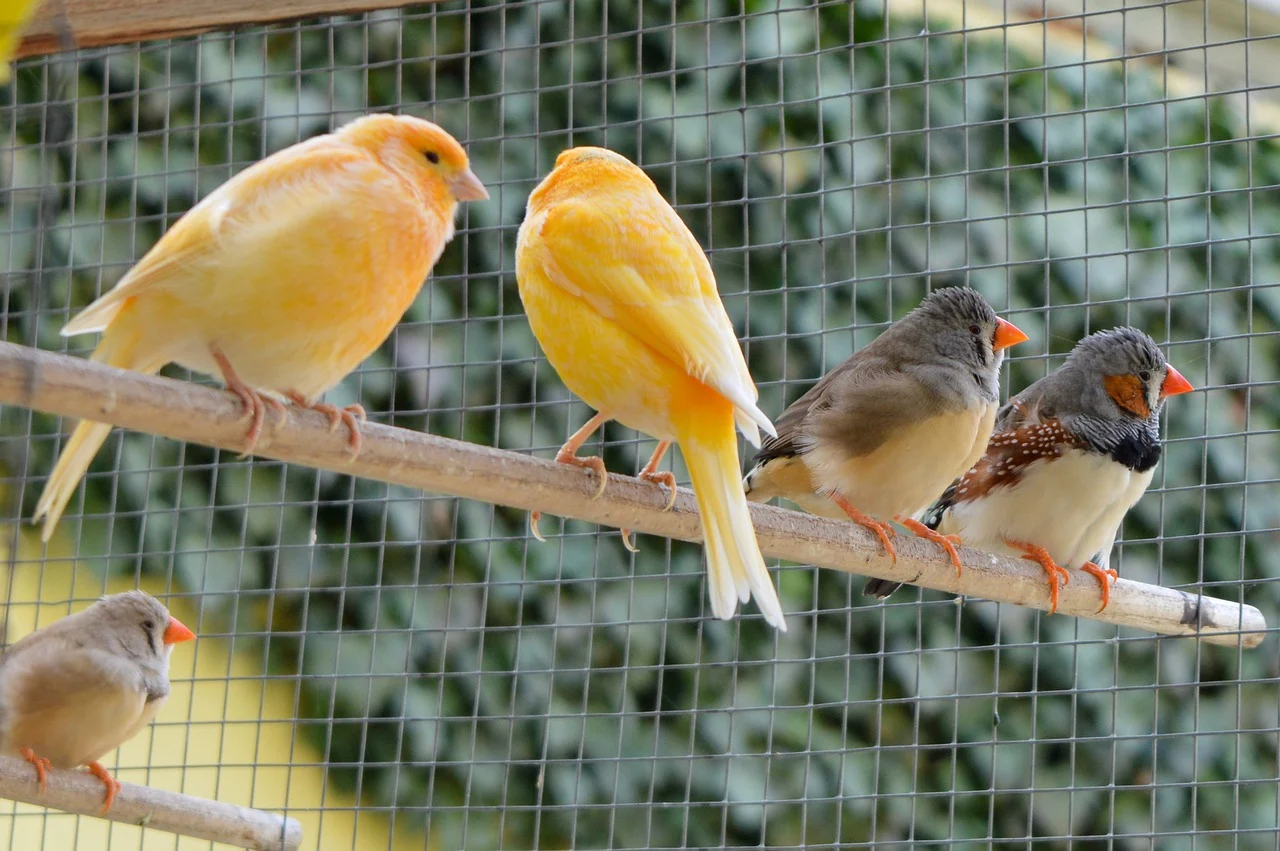
What Birds Can Live Together in an Aviary?
Aviaries are the best places for birds to live in captivity. They usually require a lot of space and separate compartments that prevent the birds from fighting. Various types of birds can live together in an aviary, but they must be compatible. Many types of birds can live together in an aviary, but some birds…
-
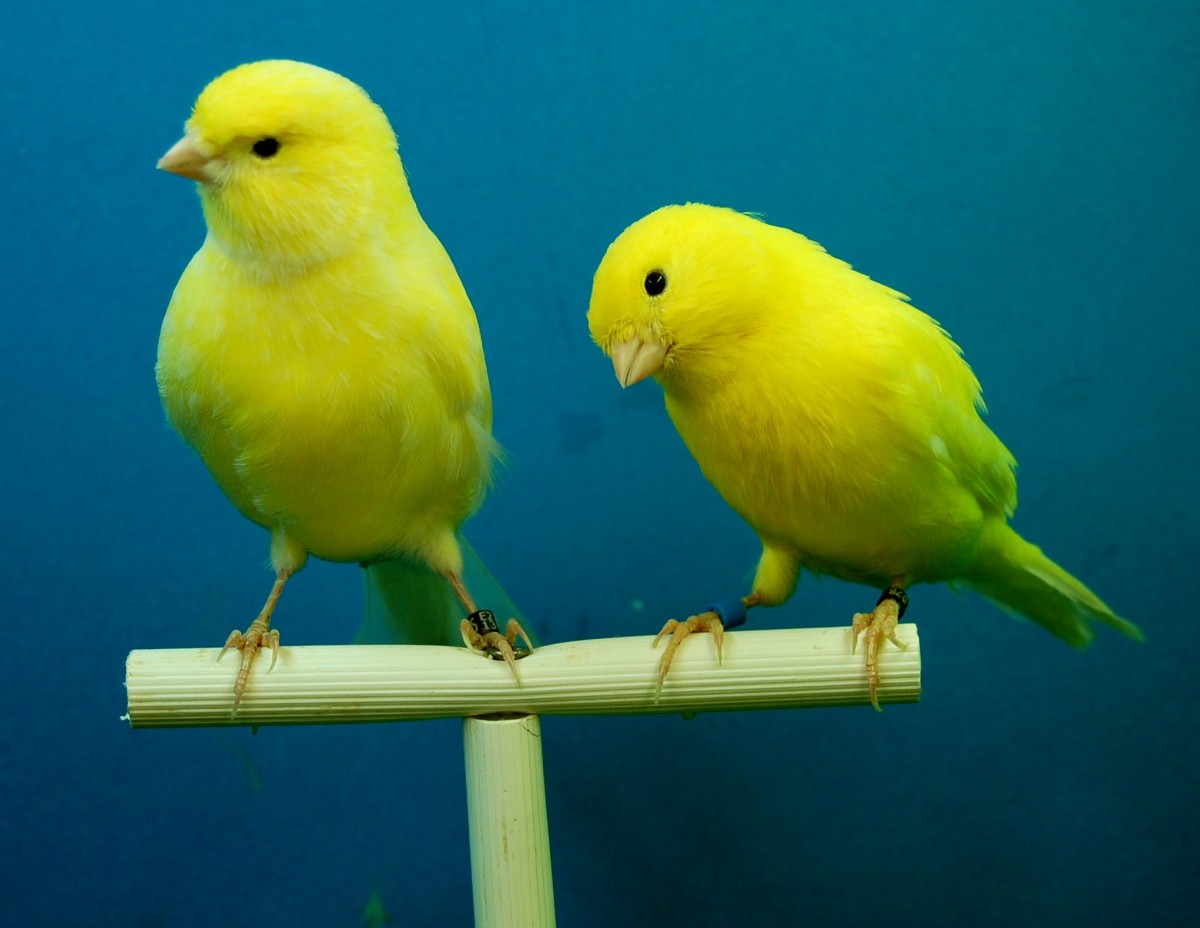
Do Canaries Like Toys?
Canaries have a lot of fun with their toys, especially when they’re young. They like to chew on the toys and snuggle up in them, just as they do with other favorite items like pillows or blankets. As far as whether or not canaries need toys, it’s true that they can become bored without things…
-
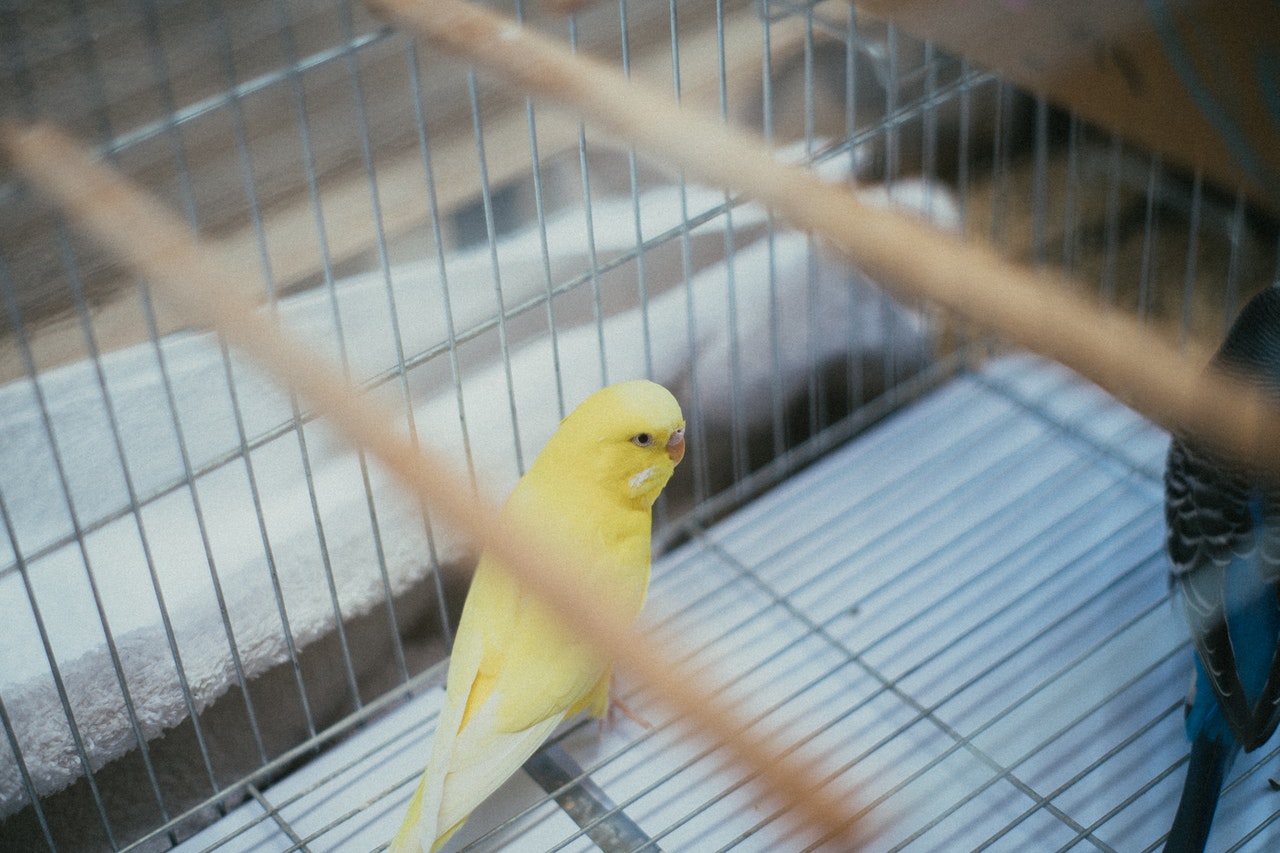
How to Get Your Bird to Trust You?
It’s no secret that most birds are afraid of people. There are many reasons for this, but it usually boils down to a lack of early socialization, handling, and ultimately a lack of trust. And, just like with dogs, the more you handle your bird, the better he will get along with you. But don’t…
-
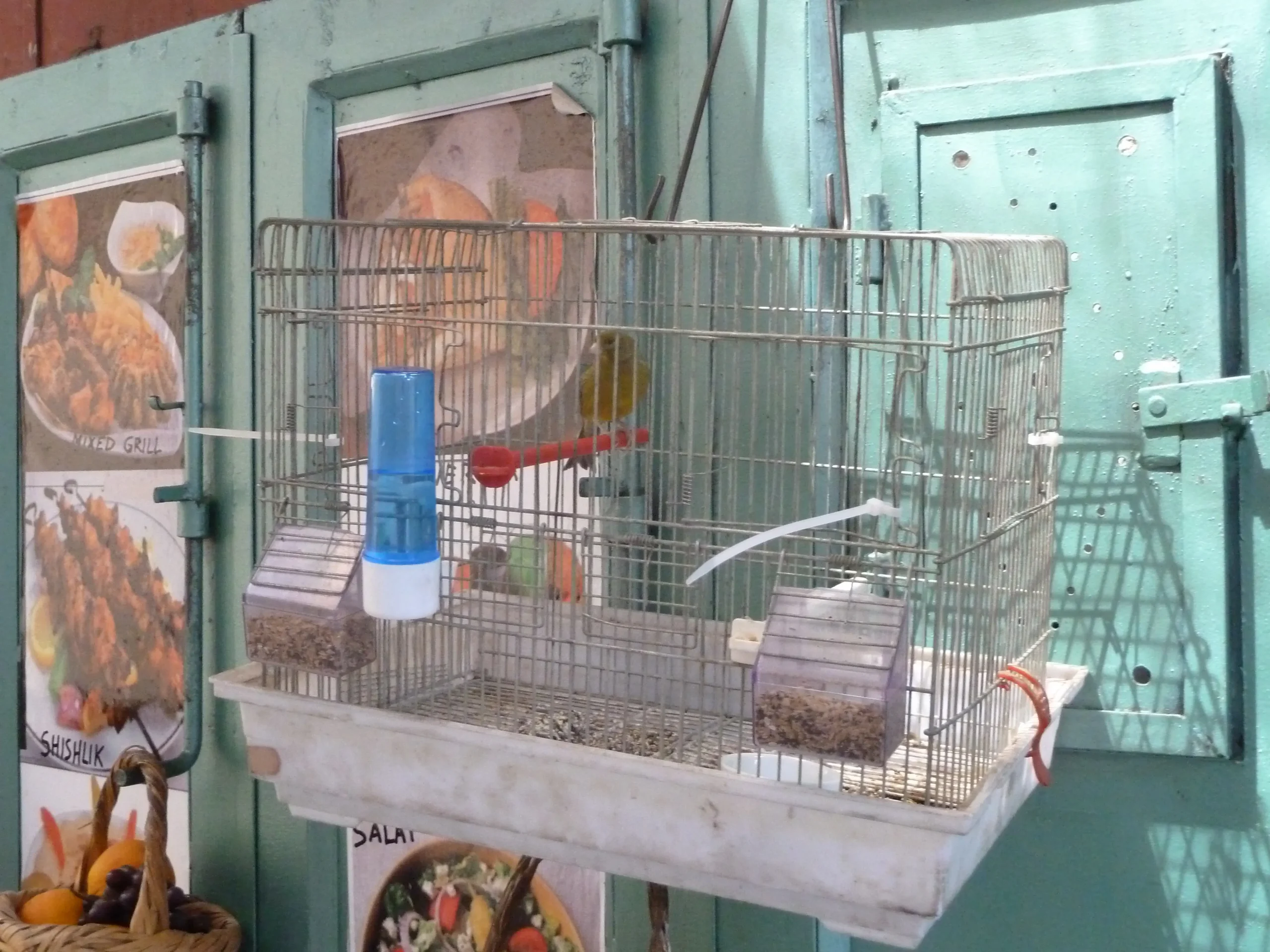
How to Measure a Bird Cage?
Measure your bird cage’s inside dimensions to determine how much space your bird will have. If the cage is too small, it can cramp the bird’s wings and body, or make it impossible for the bird to stand erect. A cage that’s too large, on the other hand, allows a bird to move around freely…
-
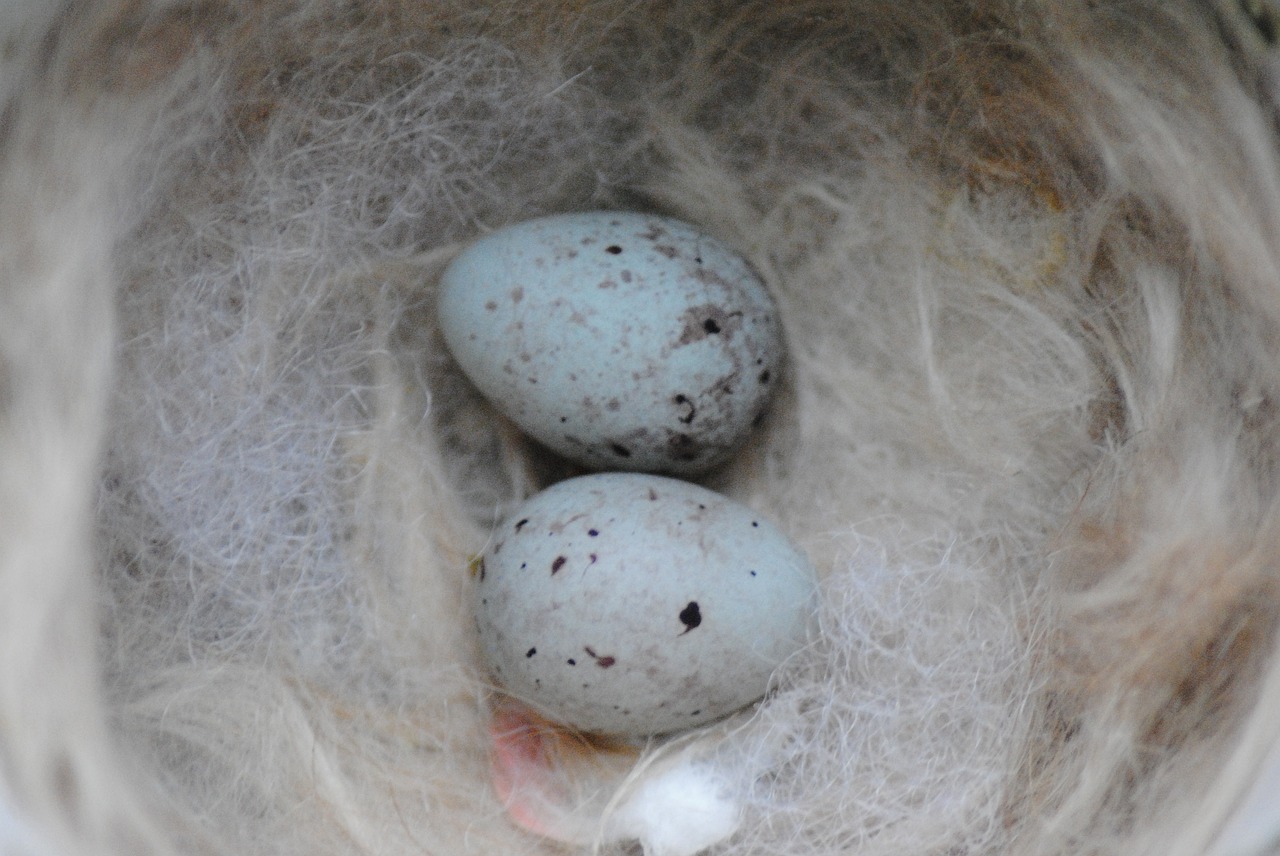
How Long Does It Take for a Canary Egg to Hatch?
Canary eggs take 28 days to hatch. There is no way to tell how old a canary egg is, but the longer it takes to hatch, the older it probably is. Most eggs take about three weeks to hatch, but some can take as long as six weeks. Hatching times vary depending on the parent’s…
-
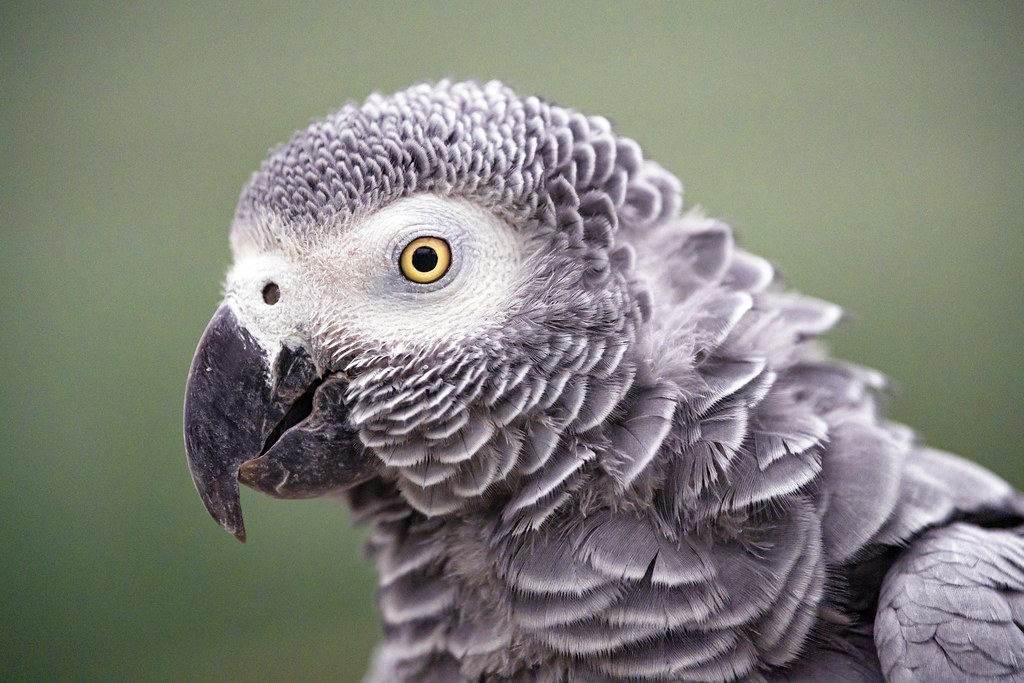
When Do African Greys Start Talking?
Many parrot owners and pet lovers alike are curious as to when their African grey parrot will start talking. Will it have a vocabulary of 5 words, 10 words or even more? African Greys start talking when they are 12-14 months old. They will repeat the sounds they hear you make and mimic the sounds…
-
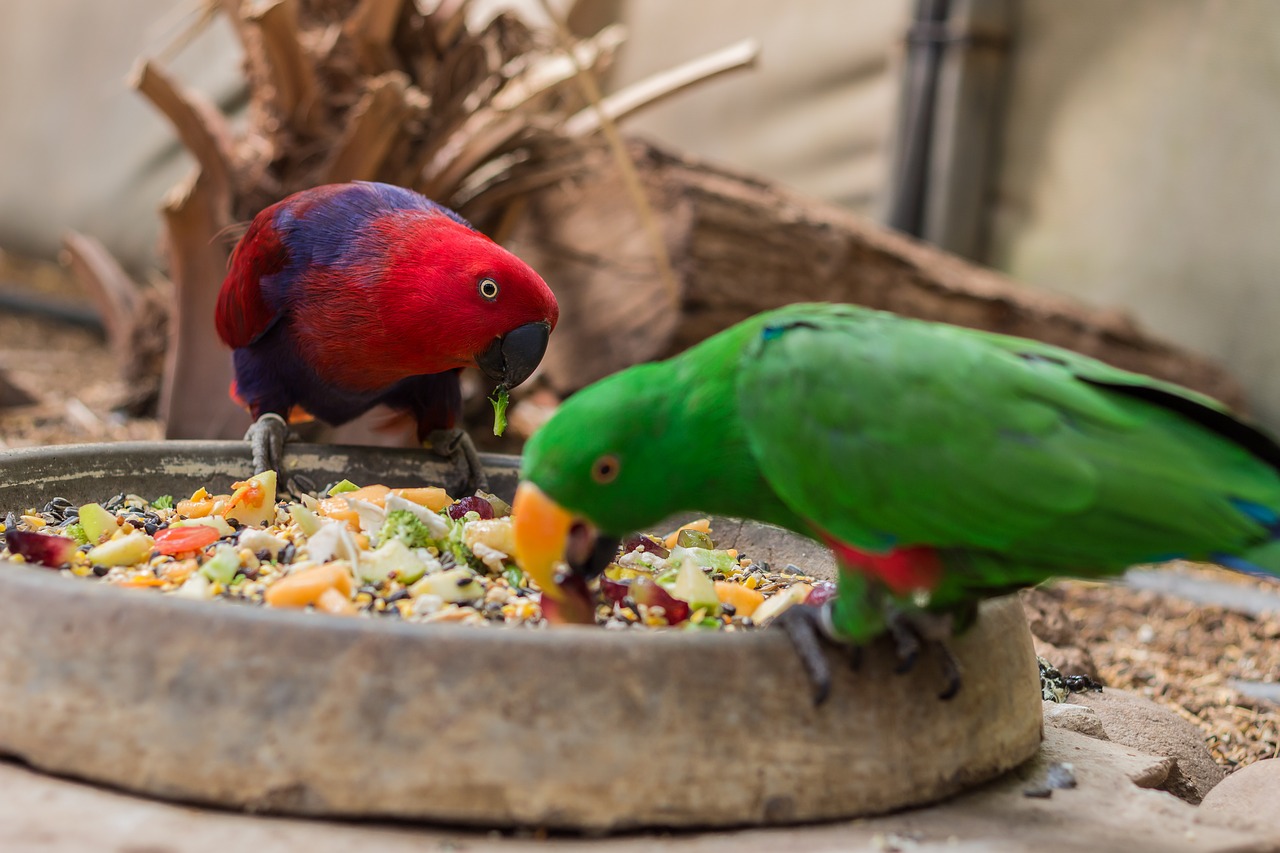
Do Parrots Eat Bugs?
While most pet and captive parrots are mostly vegetarian, some species of parrots are actually insectivores. The exact diets of most pet and wild parrots are not known with certainty, but it is generally accepted that parrots in the wild have an almost entirely herbivorous diet. The two major exceptions to this rule are the…
-
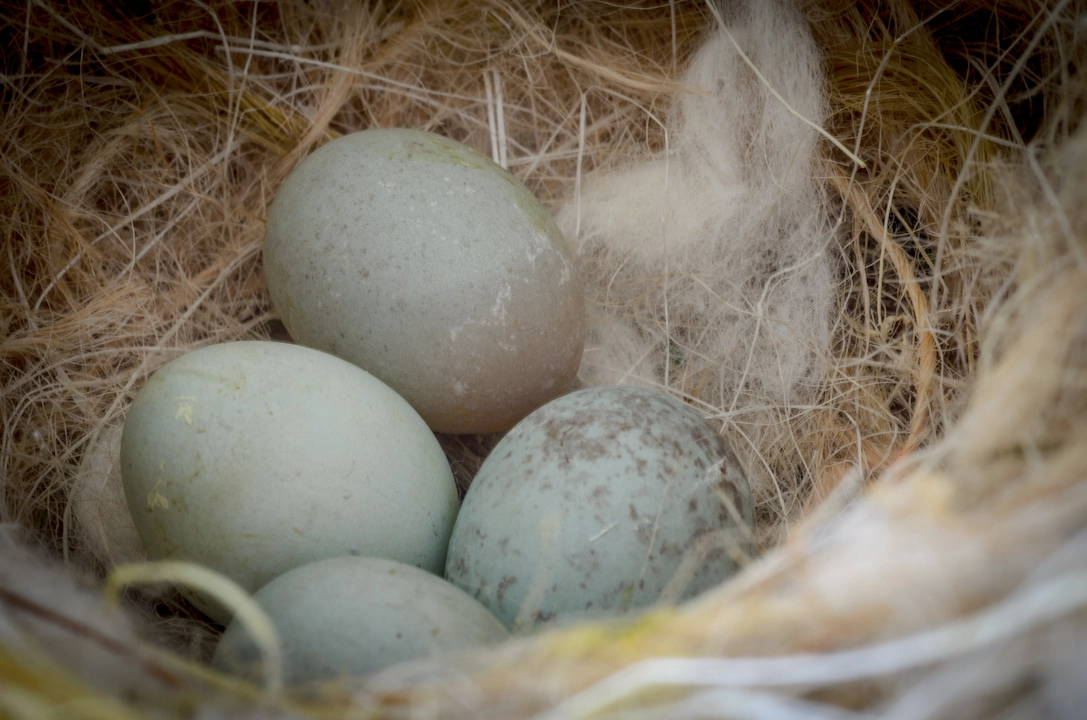
How Many Times a Year Do Canaries Lay Eggs?
Canaries are known to lay eggs seasonally. But, it is not enough to know when the canary usually lays eggs. There are many factors which determine how many times a year canaries lay eggs. These factors include age of the bird, type of diet and overall vitality of the bird. The number of eggs a…
